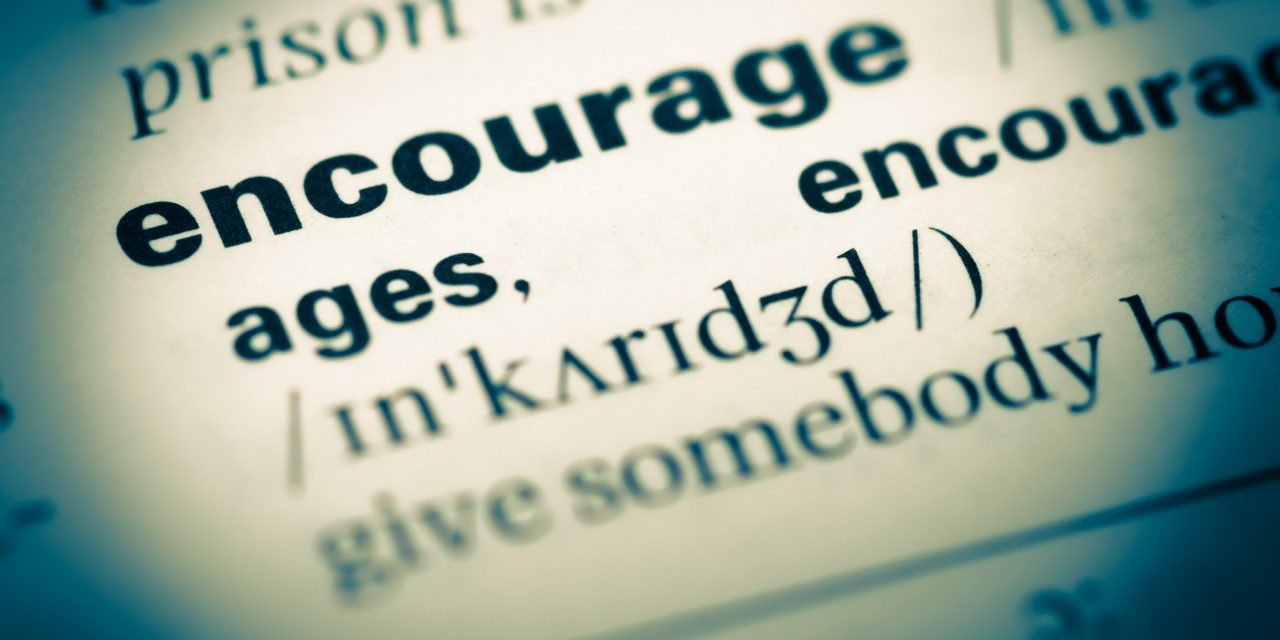The summer of 2020 will likely go down in history. You don’t need for me to explain that to you. You are living it—virus precautions or the lack thereof; economic headwinds, whirlwinds, shutdowns; protesters marching in the streets; racial tensions; and political divisions. As I watch the news, listen to conversations, read the paper and, occasionally, scroll through social media—one important teaching of Jesus keeps coming to mind. You might be familiar with it from Matt. 7:1-5:
“Do not judge so that you will not be judged. For in the way you judge, you will be judged; and by your standard of measure, it will be measured to you. Why do you look at the speck that is in your brother’s eye, but do not notice the log that is in your own eye? Or how can you say to your brother, ‘Let me take the speck out of your eye,’ and behold, the log is in your own eye? You hypocrite, first take the log out of your own eye, and then you will see clearly to take the speck out of your brother’s eye.”
John Broadus titled his commentary on this text, “Rebuke of Censoriousness.” There’s a word you don’t hear every day. Censoriousness – “adjective; a person inclined to judge too severely; carping, critical, faultfinding.” We might not hear that word often, but we find ourselves living in a world of censoriousness.
Jesus warns us against a censorious spirit. He does not command us to avoid judging the character and conduct of others, especially leaders. He is not saying that all ideas and opinions are to be equally accepted. In fact, this same section of His Sermon on the Mount tells us we can know a tree by evaluating its fruit (Matt. 7:15-20). Wise living involves making wise judgments.
The wise man’s judgment begins with a careful critical examination of SELF.
Jesus calls every faithful follower to be more critical of themselves than they are of others. Jesus expects judgment to begin in the household of God. He wants His followers to be generous and gracious in our judgments of others. I don’t see much of that these days.
This kind of Jesus judgment produces a progression of godliness that leads to true moral, social and spiritual influence. When we deal first with our own plank, our own hearts, words and conduct, we are forced to live and to judge with honesty, humility and sincerity. On the other hand, the censorious man tolerates and even cultivates a dark dishonesty about the condition of his own heart, a false pride about his own spiritual and moral status and an insincerity that is obvious to everyone around him. Only he cannot see it because of the plank that blocks his vision.
I raised three boys close to one another in age. When I corrected one of them, their response was often, “Well, what about my brother?” Every parent is familiar with this avoidance tactic. I will turn the focus away from my own faults by finding fault with another. And so it goes today —protestors and police, politicians and preachers, white and black, church and culture, democrats and republicans, rural and urban, young and old. All of us shouting about the speck in the other’s eye while ignoring or defending the plank festering in our own.
O Lord, help us.
Lord, give us grace to make the summer of 2020 a historic summer of repentance and renewal. Lord, give us grace to stop fussing about the speck in the other’s eye and to start confessing the old ugly plank in our own. Lord, help us to lay aside that excuse as old as Adam, “Well, what about my brother or the other.” Search me, O Lord, show me any hurtful way in me!





